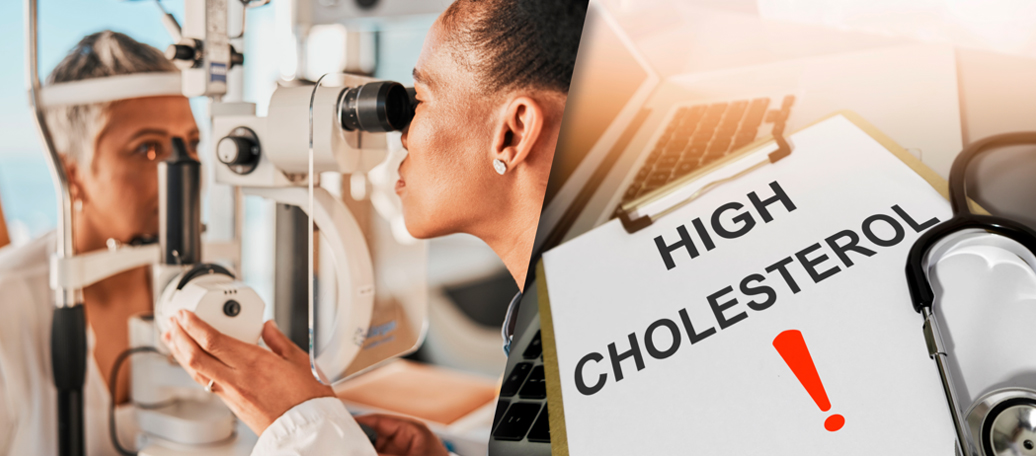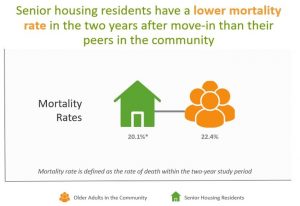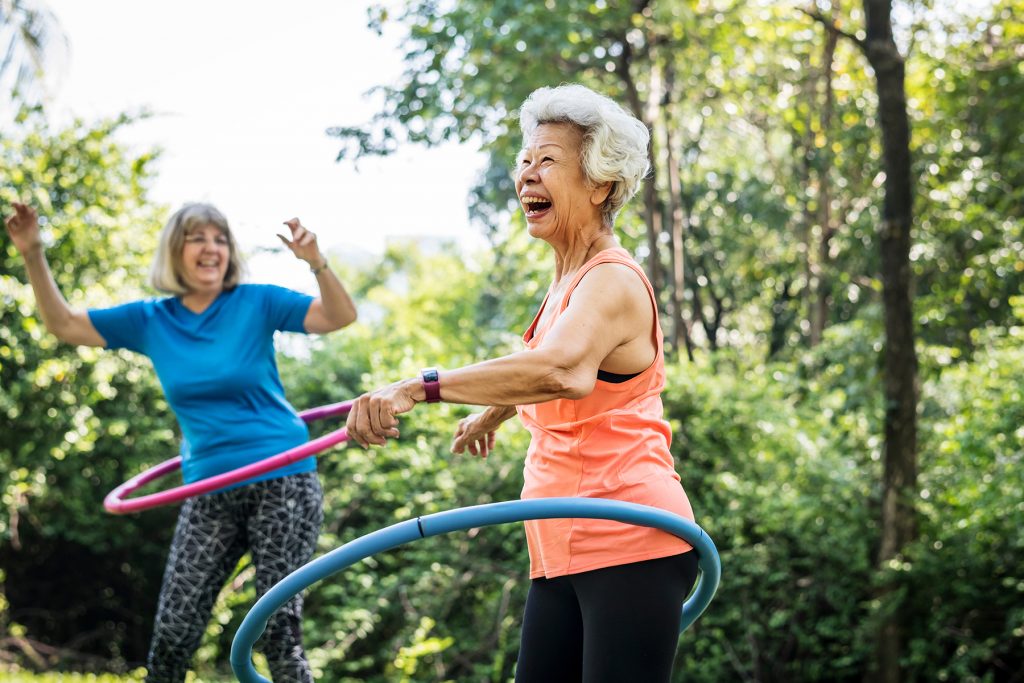While we’ve made progress in understanding and diagnosing dementia—like achieving 90% accuracy with Alzheimer’s blood tests—recent research has revealed two new risk factors for dementia. Here’s what you need to know.
The Latest Discoveries: High Cholesterol and Untreated Vision Loss
According to a report in The Lancet, high cholesterol after 40 and untreated vision loss are now recognized as modifiable risk factors for dementia. This builds on previous research which identified 12 lifestyle-related risk factors, including:
- Physical inactivity
- Smoking
- Excessive alcohol consumption
- Air pollution
- Head injury
- Infrequent social contact
- Less education
- Obesity
- Hypertension
- Diabetes
- Depression
- Hearing impairment
Together, these factors contribute to nearly 50% of global dementia cases.
Why These Factors Matter
High Cholesterol: Elevated LDL (the “bad” cholesterol) can harden blood vessels in the heart, impairing blood flow and oxygen to the brain. This damage over time contributes to the neurodegenerative process that characterizes dementia.
Untreated Vision Loss: Poor vision can be more than an inconvenience; it might also affect your brain health. Vision loss often coincides with other metabolic risk factors like high blood pressure and uncontrolled diabetes. When you can’t see well, you’re less likely to engage in mentally stimulating activities such as reading or socializing, which boost brain health.






